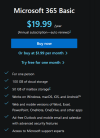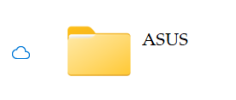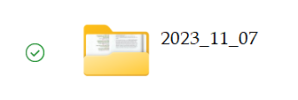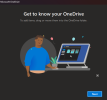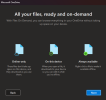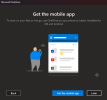How arrogant! It's the same here with most of my clients. And no they are NOT stupid!
No they don't, because no one told them in the first place!
Not to come to anyone's defense, as such, but let's look at this logically.
If a client is not keeping track of their own Login and Passwords - that certainly isn't "Smart", nor responsible of the client. We can argue the application of the word "Stupid" and play semantics - but it is, "stupid" to not at least write down or keep track of your passwords - that failure to do so doesn't make the client "stupid" at everything in all of their life... but it does make that choice a stupid one.
I am stupid - and smart, but it depends on the subject of which we're addressing. I am "stupid" at say Chemistry, but that doesn't make one stupid in all areas of life... and I don't go playing with chemicals and start mixing Bleach and Ammonia. If I started playing with Hydrochloric Acid and get burned - I will be the first to say I'm stupid!
People shoot themselves with their own guns all the time in the US - because they were mishandling their firearms - which is stupid - they didn't follow "the rules" of firearm safety. It doesn't imply that they are senile or destitute... but it's damned-stupid to shoot yourself unless that was the outcome you were looking for (Suicide - implies intent).
"The end user has total control"
"No they don't, because no one told them in the first place!"
Being told of something or not
doesn't change the fact that they do have full control. It's always been upon the client to learn about the products they purchase. If you buy a car, the salesman generally isn't going to read through the manual for you - that's for the client to do when they get home or before they leave the dealer.
There are plenty of "manuals" online regarding OneDrive, Office, or any other product - and a big HELP menu for them to look at and search. If you (the client) CHOOSES not to inform themselves of the product they purchased, that's on them.. and again, is not very "smart". Why is the client unable to look at the Settings and see what options are available to them? If they're not interested in that - again, that's their fault.
Do you expect Microsoft to call the client or show up at their doorstep to inform them about OneDrive usage and how it works? Silliness!
OneDrive throws up plenty of (IMO) annoying pop-ups to describe many of the "features" - but if one chooses not to read them.. again, that's a stupid action to take. If they simply "don't care" about reading it.. well, then they can suffer the consequences of their ignorance and be mad at only themselves. They shouldn't go looking for someone else to blame for their ineptitudes - "because no one told them in the first place".
There's a certain level of self-informing that is expected of Adults that can read simple terms... and if "you don't know what something is".. it is expected that an adult can reasonably find the answer in 10 seconds on Google or Bing or the OneDrive Help menu.. or whatever. After all, "they" seem to have no problem finding answers to many things, so long as it interests them. Well, sorry to say, sometimes you still need to inform yourself of things "you don't really care about". Such is life.

